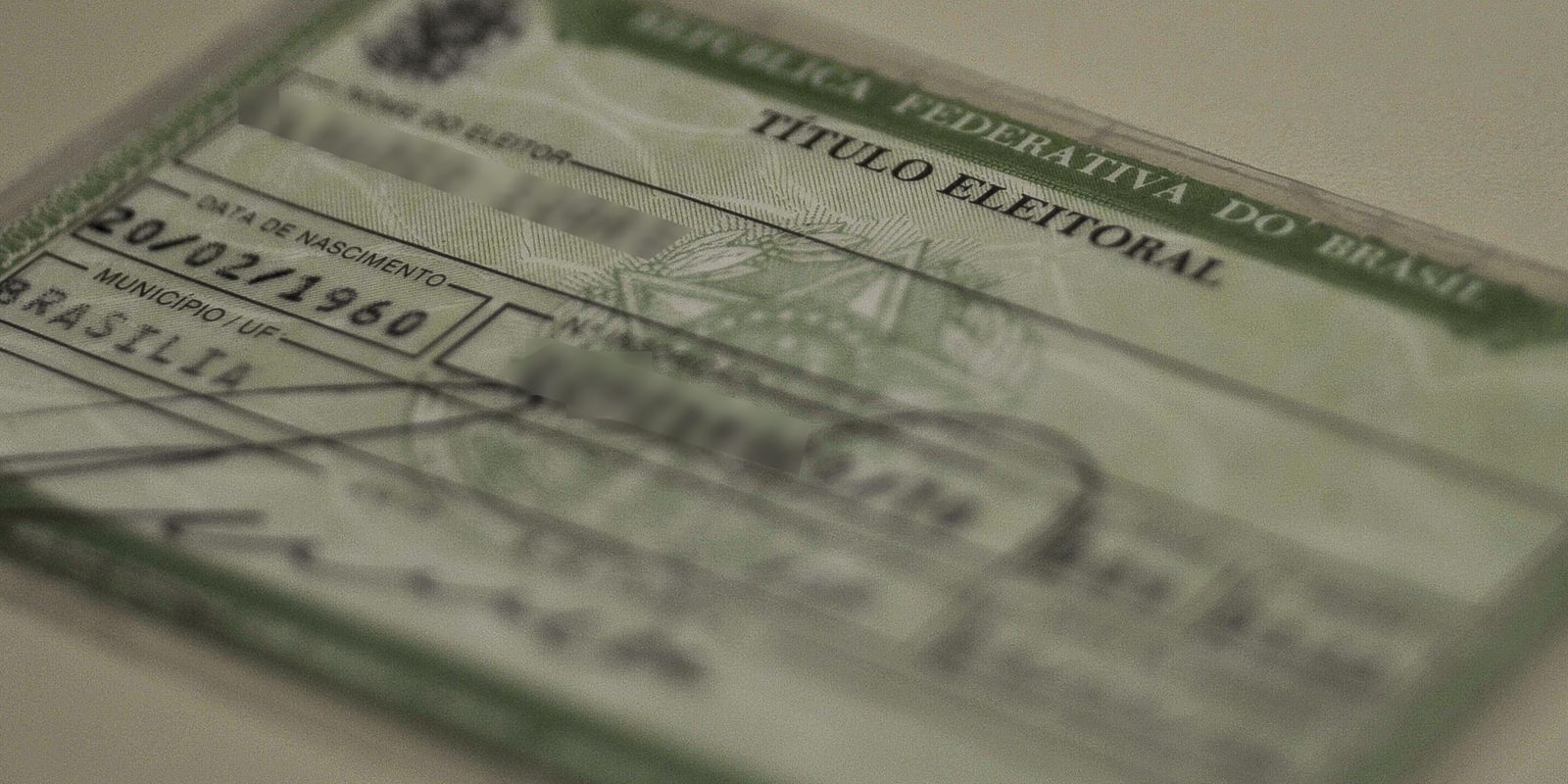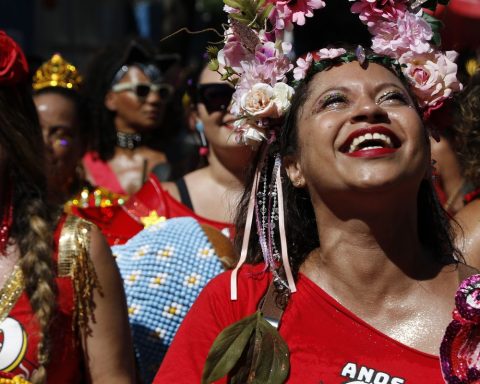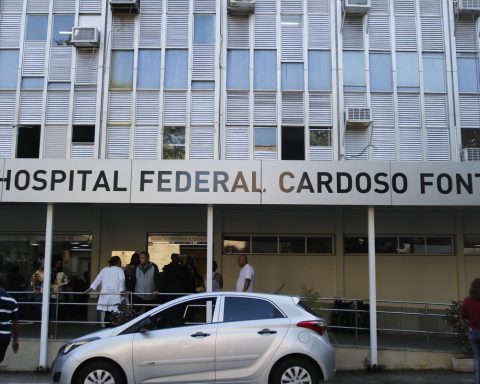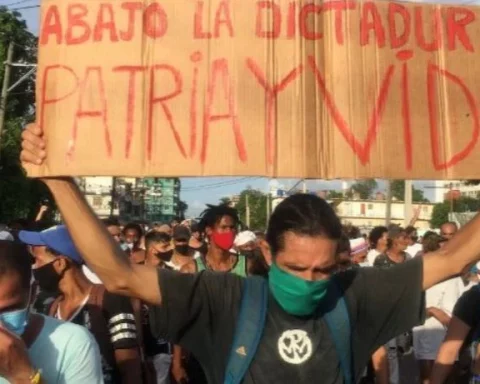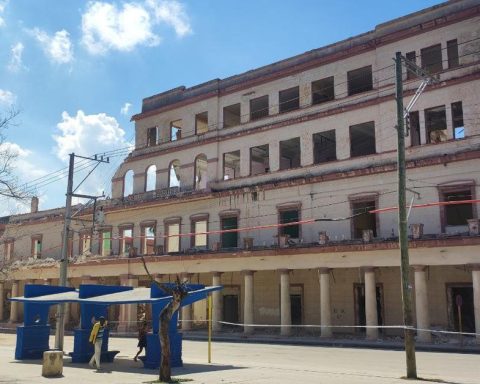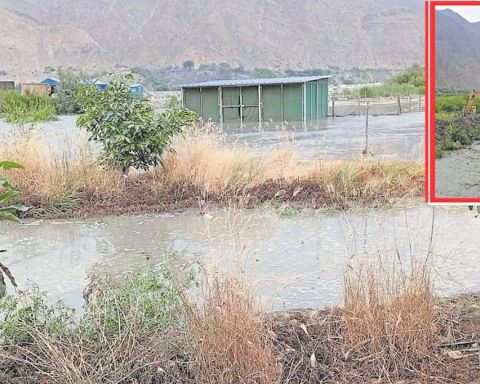In Brazil, pre-trial detainees and young people who are serving socio-educational measures can vote in elections, as long as they have a valid voter registration card. This possibility is constitutionally guaranteed because, in these cases, there is no suspension of political rights. Only people who have a final criminal conviction lose the right to vote while the sentence lasts. 
Altogether, according to data from the Superior Electoral Court (TSE), there are about 220 polling places in prisons across the country. In these sections, 14,653 voters are registered, but not all of them are arrested, since poll workers and staff of penal establishments are also usually registered to vote in these places. There is also no specific note on how many of these are young people who are serving socio-educational measures, who are voters in the age group between 16 and 21 years old, the maximum age for complying with internment measures.
Federal District
In Brasília, the Regional Electoral Court of the Federal District (TRE-DF) completed the assembly of polling stations installed in penal establishments and internment units this Saturday (1st). There will be five sections in units for interns: inpatient units in Santa Maria, Planaltina, Brazlândia, São Sebastião and Recanto das Emas. In all, there are 215 teenagers and young people who are in socio-educational measures able to vote in the aforementioned sections, in addition to 44 civil servants and poll workers.
In conventional prisons in the DF, three electoral sections were installed: Penitentiary Progress Center (CPP), Federal District Women’s Penitentiary (PFDF) and Papuda Penitentiary Complex. The units total 60 able prisoners and 120 servers and poll workers registered to vote in the referred sections.
